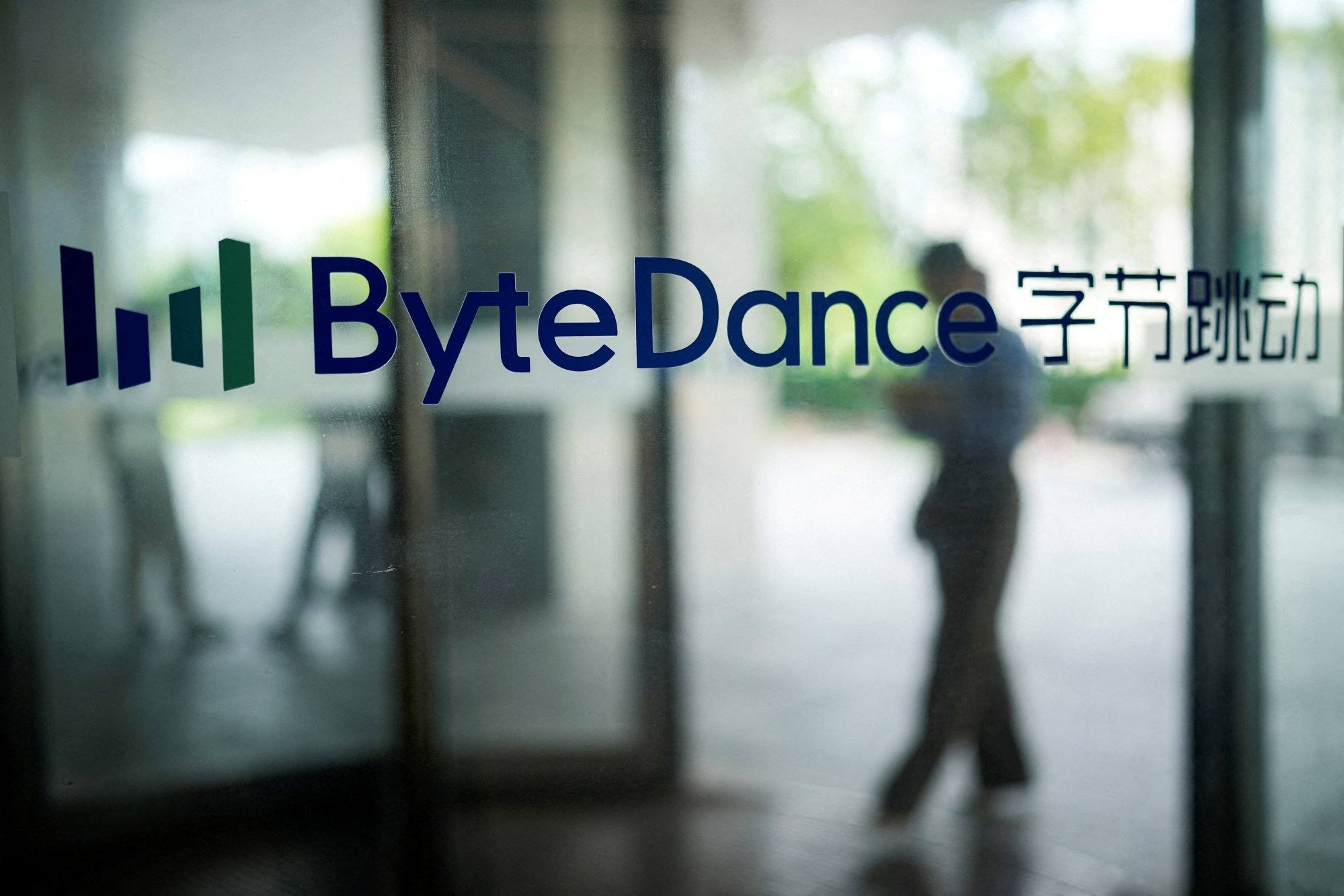ByteDance said when it started exploring LLMs earlier this year, a small group of its engineers used OpenAI’s API service in an experimental model. OpenAI said that although the use of its API was minimal, it has suspended ByteDance’s access to its service pending an investigation. — SCMP
TikTok parent ByteDance said that its use of OpenAI’s technology to aid the development of its own artificial intelligence (AI) models was in compliance with the US firm’s service terms, refuting a claim that it made use of the technology to build a rival service.
ByteDance made the clarification on Sunday after a report by a US technology outlet, citing internal sources, alleged that the Chinese short video giant stealthily used OpenAI’s technology to develop its own large language model (LLM), while trying to cover its track through “data desensitisation.”
In a statement to the South China Morning Post on Dec 17, ByteDance acknowledged that when the firm started exploring LLMs earlier this year, a small group of its engineers used OpenAI’s API service in an experimental model that was never meant to be publicly launched.
It added that this early work was discontinued in April, after the introduction of a protocol to ensure compliance with OpenAI’s terms of use, which prohibits the use of output from its GPT products to “develop models that compete with OpenAI”.
Its engineering team still uses OpenAI’s API alongside some other third-party models “to a very limited extent during the evaluation/testing process, such as score benchmarking”, according to the Beijing-based firm.
“ByteDance is licensed to use OpenAI’s API and places great emphasis on following OpenAI’s terms of use,” it said.
However, OpenAI said that it has suspended ByteDance’s access to its service.
“While ByteDance’s use of our API was minimal, we have suspended their account while we further investigate”, the Microsoft-backed startup said in a statement sent to The Verge. “If we discover that their usage doesn’t follow these policies, we will ask them to make necessary changes or terminate their account.”
OpenAI has not made its service officially available in mainland China, which is in a heated race with the US for worldwide AI dominance.

ByteDance’s alleged leverage of OpenAI’s technology to build its own model comes after AI specialist Lee Kai-fu’s new venture 01.AI was accused of copying Meta Platforms’ Llama’s architecture in its Yi-34B LLM, according to a post published on the open source community Huggingface. The allegation sparked heated debate at the time, with some questioning the ingenuity of Chinese AI startups.
Ever since OpenAI launched ChatGPT powered by its GPT 3.5 model in November last year, Chinese tech companies have tried to ride the wave of generative AI to launch rival products in a bid to catch up. However, the launch of OpenAI’s GPT-4 Turbo model early last month is expected to further extend its lead against Chinese rivals, industry insiders and analysts have said.
Meanwhile, China has seen explosive growth in the number of LLMs being developed. Up to July this year, at least 130 LLMs had been released by local tech firms and research institutes, prompting tech moguls including Baidu’s founder and CEO Robin Li to say the country has too many foundational AI models, which was “a huge waste of resources”. – South China Morning Post





